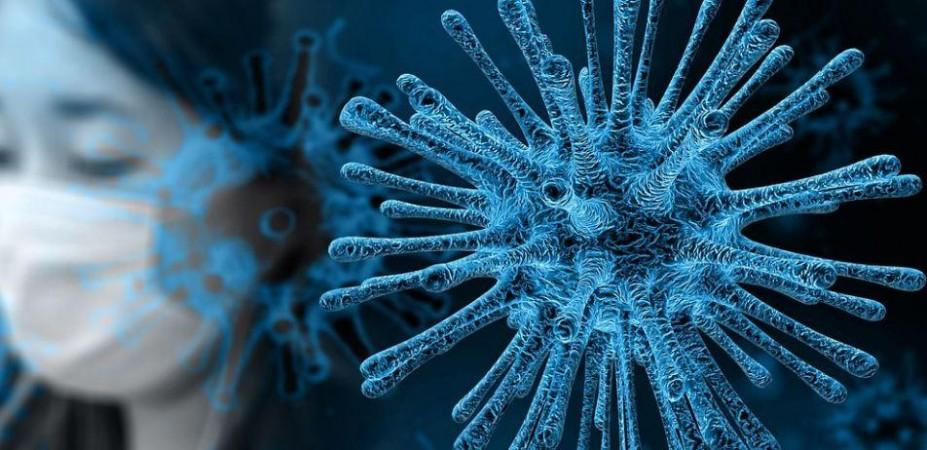While countries across the world scramble to vaccinate their population against the SARS-CoV-2 coronavirus, the emergence of newer and meaner variants is rendering some vaccines ineffective. In the midst of this, one concern takes precedence—the potential for re-infection. Offering findings that can assuage the worry, a new study has stated that in patients with severe COVID-19, the rate of re-infection is less than one percent.
According to the study conducted in the US by researchers from the University of Missouri, among patients who survived severe COVID-19, only 0.7 percent were found to contract the novel coronavirus infection again. The study also reported that the average time of re-infection was 3.5 months after the first positive test and that the severity of the infection was milder.
"We identified a low rate of re-infection confirmed by laboratory tests in a large cohort of patients with SARS-CoV-2 infection. Although re-infection appeared to be milder than primary infection, there was associated mortality," the authors wrote in the study that was published in the journal Clinical Infectious Diseases.
Second Bout of COVID-19

The fears surrounding reinfection have persisted as long as the COVID-19 pandemic itself. While cases of reinfection with COVID-19 have been reported across multiple countries such as South Korea, India, Hong Kong, and the US, among others, the numbers have remained remarkably low. Studies have also stated that the protection conferred by the contraction of COVID-19 lasts anywhere between six to ten months. However, with the emergence of new variants, these findings are likely to be put to test.
For the study, the authors analyzed data from 62 healthcare facilities in the US where patients with COVID-19 received tests between 1 December 2019 and 13 November 2020. Data of 9,119 patients (who met the study's inclusion criteria) from 110,754 patients were reviewed. Dr. Adnan I. Qureshi, lead author of the study, defined re-infection by two positive tests for the coronavirus separated by an interval more than 90 days after the initial infection resolved, as confirmed by two or more consecutive negative tests.
Through their analysis, the team found that only 63 patients (0.7 percent) of the examined patients contracted the SARS-CoV-2 virus again. The mean period of re-infection in these individuals was 116 days or 3.5 months. Of the 63 re-infected patients, two (3.2 percent) died. It was also learnt that patients who were classified as non-white were at a larger risk of being reinfected than those categorized as white.
Milder Severity of Re-infection

The investigation also revealed that the prevalence of asthma and dependence on nicotine, among patients was strongly associated with re-infection. Talking about the severity of re-infections, Dr. Qureshi said in a statement, "However, there was a significantly lower rate of pneumonia, heart failure and acute kidney injury observed with re-infection compared with primary infection."
Nevertheless, the researchers admitted that the study was bound few limitations. As the selection criteria of the analysis included only those cases identified by laboratory tests, it did not take into account patients who may have had undetected SARS-CoV-2 re-infection and did not undergo follow-up laboratory tests.
"This is one of the largest studies of its kind in the US, and the important message here is that COVID-19 re-infection after an initial case is possible, and the duration of immunity that an initial infection provides is not completely clear," noted Dr. Qureshi. In conclusion, the study emphasized that compliance to standard COVID-19 precautionary measures such as universal face mask use and social distancing was essential.

















